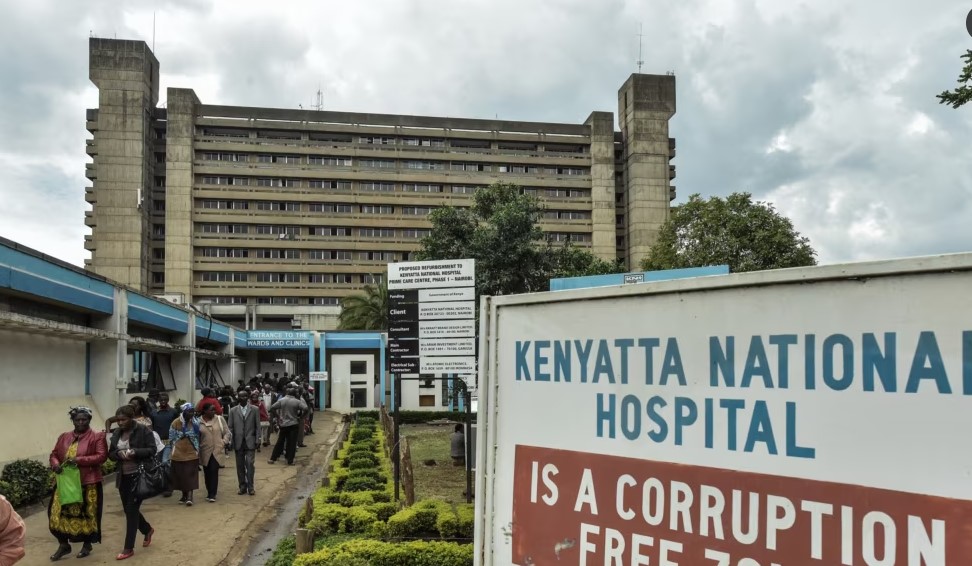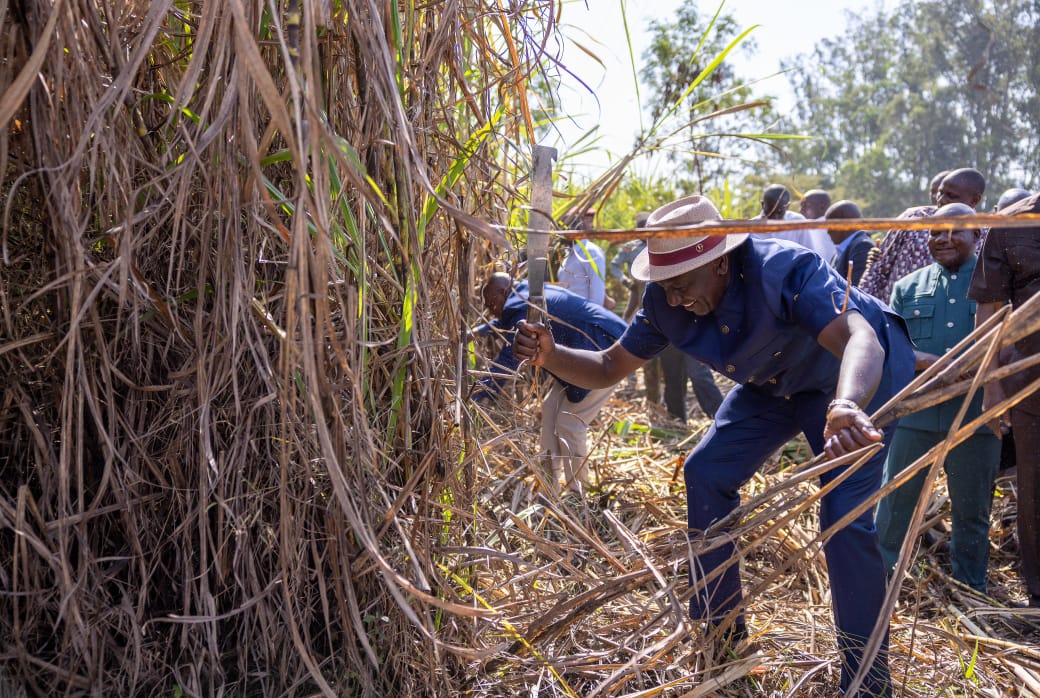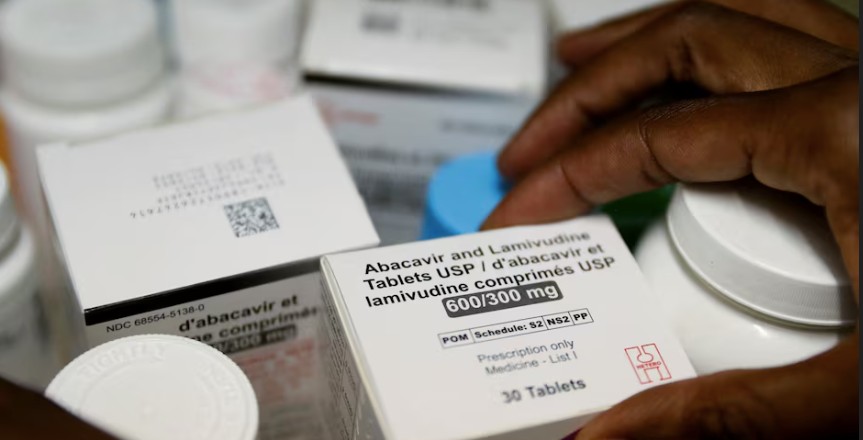UK doctors use three-person DNA technique to prevent deadly inherited disease in infants

Mitochondrial diseases affect the parts of cells that produce energy, leading to muscle weakness, brain damage, heart problems, seizures, blindness and even death in infants. About one in every 5,000 babies is born with the disorder.
Doctors in the United Kingdom have confirmed the births of eight babies free from a deadly inherited illness, after using a new medical procedure that combines the DNA from three people to prevent mitochondrial disease.
Mitochondrial diseases affect the parts of cells that produce energy, leading to muscle weakness, brain damage, heart problems, seizures, blindness and even death in infants. About one in every 5,000 babies is born with the disorder.
More To Read
- Fresh push for 'Railway City' as Kenya, UK renew strategic deal
- Two years later, BATUK probe stalls as Kenyan delegation remains silent during UK visit
- Kenya courts UK deals amid infrastructure lessons and uneven gains in London visit
- UK to inject Sh266 billion into Kenya under new deal focused on trade, climate and tech
- Kenyan UK Visa applicants face new biometric, document rules
- Behind the white coats: Kenyan healthcare workers battle burnout, grief and neglect
Because mitochondria are inherited only from the mother, scientists developed a method to stop the faulty ones from being passed on. The approach involves combining DNA from the mother and father with healthy mitochondria from a female donor.
According to the BBC, eggs from both the mother and the donor were fertilised with the father's sperm. The DNA carrying the parents' traits was subsequently removed from both fertilised eggs and placed into the donor's fertilised egg, which kept its healthy mitochondria but had its DNA removed.
The result was a healthy embryo with the biological identity of the parents and the healthy mitochondria from the donor.
The procedure has been legal in the UK since 2015, but this is the first time it has resulted in healthy babies being born.
According to Professor Bobby McFarland, who leads the NHS Highly Specialised Service for Rare Mitochondrial Disorders, the results have been deeply moving.
"To see the relief and joy in the faces of the parents of these babies after such a long wait and fear of consequences, it's brilliant to be able to see these babies alive, thriving and developing normally," he said.
All eight children, four girls and four boys, were born after the procedure was carried out at Newcastle Fertility Centre, where the science behind it was also developed. One more pregnancy is still ongoing.
In five of the babies, no faulty mitochondria were detected at all. In the other three, doctors found low levels, between 5 and 20 per cent, in blood or urine samples. This is still far below the 80 per cent level thought to trigger mitochondrial illnesses, but researchers are studying why this happened and whether it can be prevented completely in future cases.
"The findings give grounds for optimism. However, research to better understand the limitations of mitochondrial donation technologies will be essential to further improve treatment outcomes," added Prof Mary Herbert, from Newcastle University.
Scientists estimate that 20 to 30 babies could be born each year in the UK using this method.
Top Stories Today










































